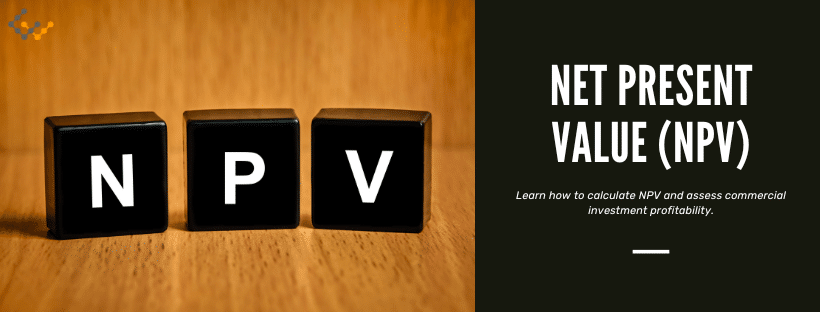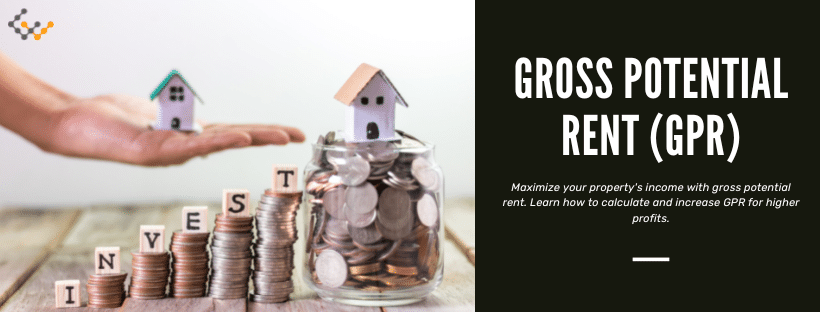Understanding Pari Passu in Commercial Real Estate

The world of commercial real estate (CRE) is filled with complex financial arrangements, and understanding the terms involved is essential to maximizing returns and reducing risk. One of these terms,”‘ pari passu,” plays a significant role in the organization and distribution of funds within a commercial real estate transaction. Every investor who’s involved in a multi-party real estate arrangement should understand what’s meant by pari … Read More
What is Gross Leasable Area in Commercial Real Estate?

The size of a commercial investment property is one of the most important factors when projecting the property’s potential revenues. This is perhaps the most important factor aside from location and type of property, for size directly impacts the potential rents that a property can generate.
Specifically, investors should consider the gross leasable area (GLA) of a property when projecting rents and revenues. GLA best … Read More
How to Calculate Net Present Value in CRE

Rational investors are seeking to grow their assets over time, and assessing the time value of money is an essential step when evaluating different investment opportunities. Net present value (NPV) allows investors to include the time value of money in property valuations. It’s a must-know number when evaluating a commercial real estate property or portfolio.
What is Net Present Value (NPV)?
Net present value is … Read More
Understanding Cross Collateralization in Commercial Real Estate

A cross-collateral loan could be an option for investors who own assets and want to extend their portfolio. Yet, like most opportunities, there are some risks to understanding this process. For those who have collateral, it is worth taking a closer look at how cross-collateral loans could help provide an opportunity to invest at a lower cost.
What Is Cross Collateralization in Commercial Real Estate? … Read More
Understanding Gross Potential Rent

Investors considering the purchase of a real estate for rental purposes must determine the estimated value of that property. One component of that process is to evaluate the potential income a property can offer. This is where the gross potential rent formula is helpful.
What is Gross Potential Rent?
Gross potential rent is a metric that investors use to determine the amount of expected income … Read More
Understanding Mortgage Basis Points in Commercial Real Estate

In every financial transaction, the details determine the rate of return or profitability of any deal. One component of that process is mortgage basis points. Base points are used in a wide range of financial components of any commercial mortgage transaction. This includes spreads and fees.
Understanding Mortgage Basis Points
Sometimes called BPS, mortgage basis points help to measure financial instruments. Most often, each point … Read More
What are Rental Concessions and When Should You Offer One?

Commercial property investors need to offer potential tenants attractive terms, or else risk having the best tenants sign leases elsewhere. Rental concessions are one common way to entice tenants with more attractive terms. Here’s a look at what lease concessions are, their advantages and disadvantages, and when you might use them.
What is a Rent Concession?
A rental concession is a temporary or permanent modification … Read More
Commercial Hard Money Loans: Everything You Need to Know

Hard money commercial loans could be a viable option for some investors looking for a way to buy real estate outside the traditional methods. For those considering these loans, it is critical to learn their requirements and implications.
What Is a Commercial Hard Money Loan and How Does It Work?
Commercial hard money lenders have different rules and requirements for borrowers to follow. They also … Read More
What is an Anchor Tenant? (And How to Find Them)

Commercial real estate not only requires a deep understanding of the market but also of different tenant types. One critical tenant of any successful commercial retail or office property is the anchor tenant.
What Does an Anchor Tenant Mean?
An anchor tenant is a large and well-known business that occupies a significant amount of space in a commercial real estate property. This type of tenant … Read More
Real Estate Syndication: A Guide for Investors

Real estate syndication is a powerful investment strategy that allows multiple investors to pool their resources and purchase properties that they would not be able to afford individually. It’s a great way for individual investors to benefit from the economies of scale, shared expertise, and reduced risk that come from pooling resources with other like-minded individuals. Here’s a guide on why and how you might … Read More
